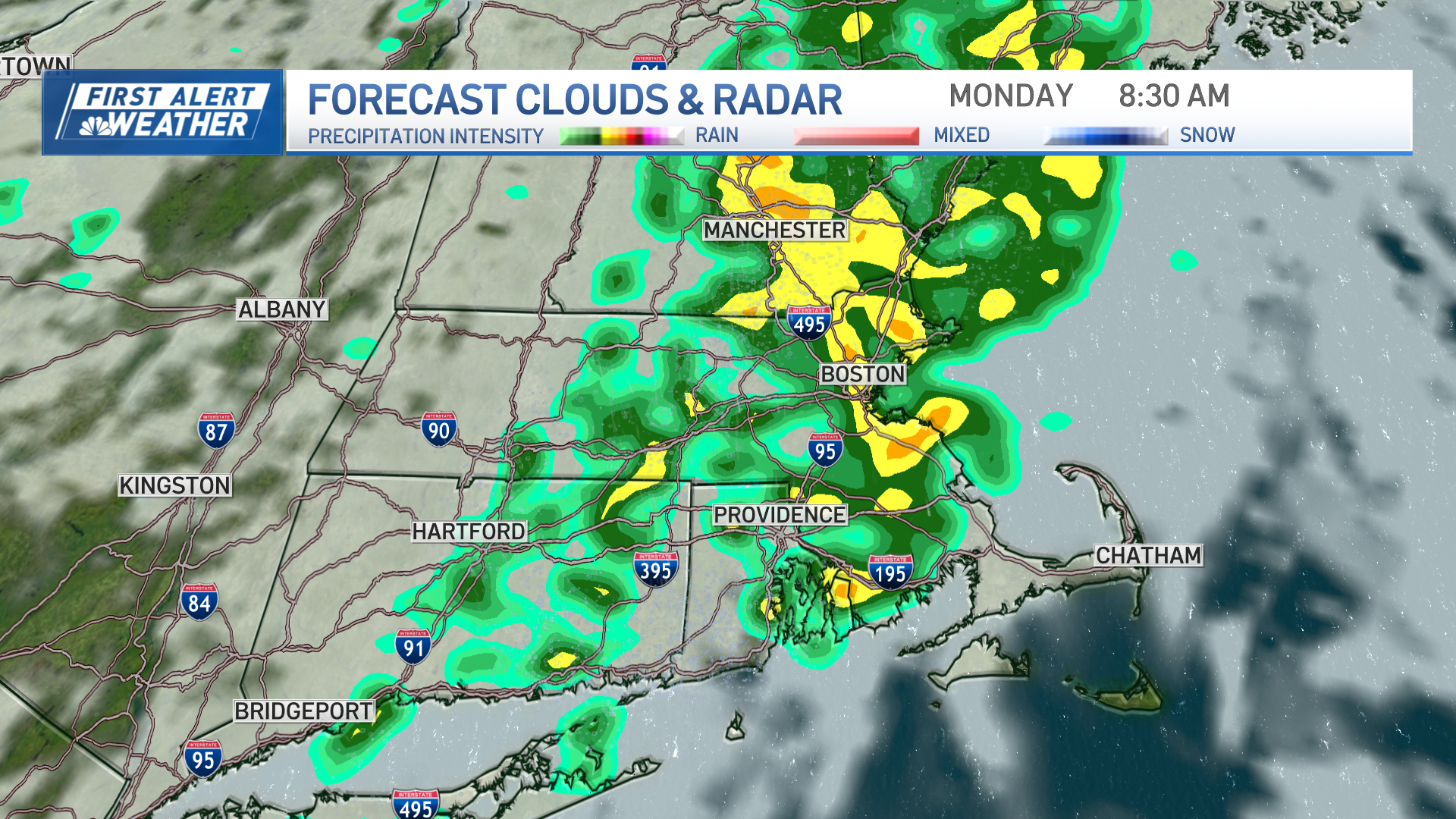What to Know
- State records show every year, thousands of students are held down and physically restrained inside schools across Massachusetts.
- Billerica school committee member John Burrows says he has pushed, to no avail, for the school committee to discuss restraint openly.
- Massachusetts law forbids physical restraint, except in emergencies, as a last resort, if students pose a threat to themselves or others.
Students in schools throughout Massachusetts are being physically restrained, held down for several minutes at a time, by teachers, staff or safety officers.
The NBC10 Boston Investigators reviewed the Massachusetts Department of Elementary and Secondary Education records and found that 5,000 students were restrained 40,000 times in the 2017-2018 school year. The numbers are self-reported by public school districts and showed that the restraints resulted in 700 injuries.
The American Association of School Administrators says that the appropriate use of restraints allows children with serious emotional and behavioral conditions to attend public school, and that they are necessary for "school personnel to defend themselves and their students from incidents that could be dangerous."
But some parents and teachers want the practice stopped or severely restricted.
Nicole Orlando, a former first-grade teacher, says she quit because of students being physically restrained at her school in Billerica.
"It's like PTSD, almost, when you see it day after day after day," Orlando said.
Local
In-depth news coverage of the Greater Boston Area.
It's not only her school. State records show every year, thousands of students are held down and physically restrained inside schools across Massachusetts. State law says schools can do it and don't need a parent's permission, but the NBC10 Boston Investigators found some schools are not properly reporting those restraints.
School records show that Gary Grant's 11-year-old son, Vincent, was injured while being restrained.
"I was so horrified at first," said Grant. "He was crying, saying, 'They were hurting me, digging their fingernails into my skin.'"
It happened at the Vining School in Billerica. Over the course of two hours, the school reports say Vincent, whose father says he has learning challenges, was restrained for several minutes at a time after being aggressive toward the staff.
The report shows five adults restrained him in a level of restraint marked "high." Grant said once he saw the marks, "I marched him back into the school and said, 'This is a problem.'"
The school restraint report shows the school then called the Department of Children and Families to self-report they had injured the child, as required by state law. Grant declined to proceed further with a DCF investigation, worried it would negatively impact his child with retaliation from the school district.
For years, parent advocate Doreen Healy has gone before the Billerica School Committee asking for restraints to be put on the agenda for discussion. It has never happened.
"If we did, as parents, what some of these schools have done to children, DCF would be knocking on our door," said Healy.
Grant and Healy both filed complaints with the Massachusetts Department of Elementary and Secondary Education, alleging Billerica "did not perform or document restraints properly."
In March, state investigators found Billerica "non-compliant” with state reporting regulations. The district says it was found to be in compliance with training for proper administration of restraints.
The NBC10 Boston Investigators also found that while Billerica reported no restraints in 2016, records show the school actually restrained students nearly 500 times.
"I was shocked to hear that because I lived it. I lived it every day," Orlando said of the lack of reported numbers.
As a first-grade teacher at the Ditson School in the same Billerica district, Orlando recalls coming home crying at the end of the day. She says she quit over the use of restraints, calling them "traumatizing," as well as the school's reporting policy.
"When a child was injured, we were told unless there was a bruise, a bump or significant mark, parents were not to be notified," Orlando explained. "And that's scary."
In an email to the NBC10 Boston Investigators, Billerica Superintendent Tim Piwowar wrote that for minor injuries, "Parent notification is done on a case by case bases (sic)."
As for not reporting the number of restraints in 2016, he referred us to a 2018 Lowell Sun article where he told the paper, "We submitted what we submitted. I don't know what happened along the way," adding the state has not asked the district to submit the data in the months since the deadline.
Billerica school committee member John Burrows says he has pushed, to no avail, for the school committee to discuss restraint openly.
"I find it concerning," Burrows said. "Are we in compliance? And you just get a bunch of blank stares."
The Billerica school committee has since elected a new chair, Darlene Torrey, who has said she will get the issue of restraints on a future meeting agenda.
Massachusetts law forbids physical restraint, except in emergencies, as a last resort, if students pose a threat to themselves or others.
Some Massachusetts districts reported as few as five restraints last year. Other reported 1,500 restraints in a single school year. In Massachusetts, parents are not required to give consent for schools to restrain their children, and schools and districts don't always have to tell the parents that a restraint has occurred.
Advocates suggest having a "no consent" letter on file for your child if you do not want them restrained. Click here to see a sample letter.
To check your child's school district restraint reporting numbers and injuries, click here.



